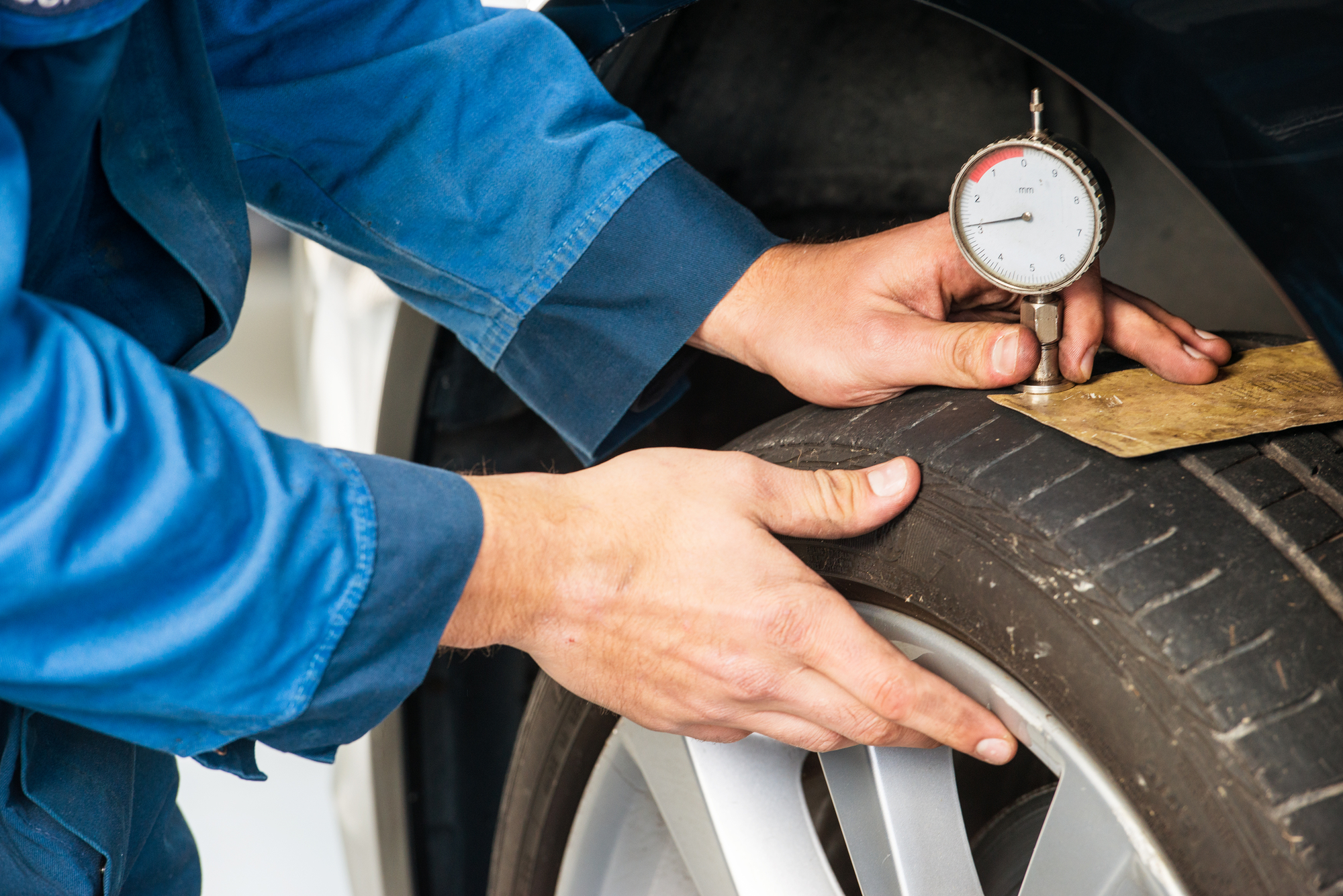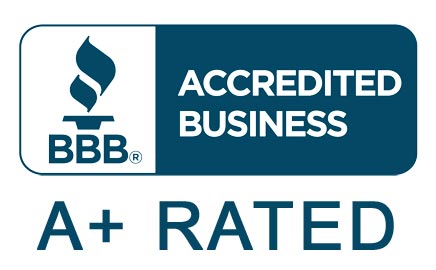Why does my tire squeal? In most cases, the problem is related to the tires themselves. Worn tires, new tires, or low-quality tires can cause squealing sounds. Besides these, the following are some of the most common reasons tires squeal.
Underinflated Tires
Probably the most likely cause for squealing tires is driving on one or more underinflated tires. Underinflated tires can lead to a number of problems for the tires, suspension, and various other parts of the car. It’s highly recommended that underinflated tires are dealt with right away.
Front End Misalignment
If the front end of the car is out of alignment, it can cause front tire wear, resulting in a squealing sound. This problem is usually caused by component wear or damage resulting from driving over a severe bump or hole in the road.
Turning the Wheel at High Speeds
Tires glide sideways a bit during turns, changing the direction of the car. When this transition occurs at increased speeds, the car ends up sliding, causing the tires to squeal. This is a problem that can be avoided by driving at a safe speed.
Worn Tread
The pattern of a tire’s treads makes a big difference when it comes to how they sound. Tires that have uneven wear will squeal more. If your tires have uneven tread depths or patterns, you’ll experience less road grip. If this is the case, it’s time to get new tires.
Low-quality tires
Subpar quality tires are sometimes made up of a different tread compound than higher quality tires. This compound can cause squealing because it doesn’t adhere to the surface of the road as well.
Driving on an Uneven Road Surface
If you don’t think it’s a power steering problem (a common cause of squealy in a car), it could be that you’re driving on an uneven or rubberized asphalt road surface.
Accelerating the Car
When you floor (accelerate) the car, the tires spin at a much higher rate than they were going initially. This causes the tires to slip before they can get full traction. When this happens, some of the tread’s rubber ends up getting peeled off, often causing a squealing sound.
Keep in mind that tire sounds don’t always indicate that there’s a problem. One example is that turning in a tight radius at a slow speed, such as driving on a painted surface, or in a parking garage, can trigger a squealing sound. This is caused by normal tire slippage on these types of surfaces because they’re slicker than regular asphalt. In an enclosed area, like a parking garage, the sound can echo, making it sound (a harmless sound in this case), a lot louder.
Some squealing noises aren’t a cause for concern, but abnormal ones should be checked out. Start by checking the tire pressure, but if that’s not the problem and the sound persists, don’t ignore it. Having your car serviced to find the source will help you avoid costly repairs.






Join the discussion 85 Comments